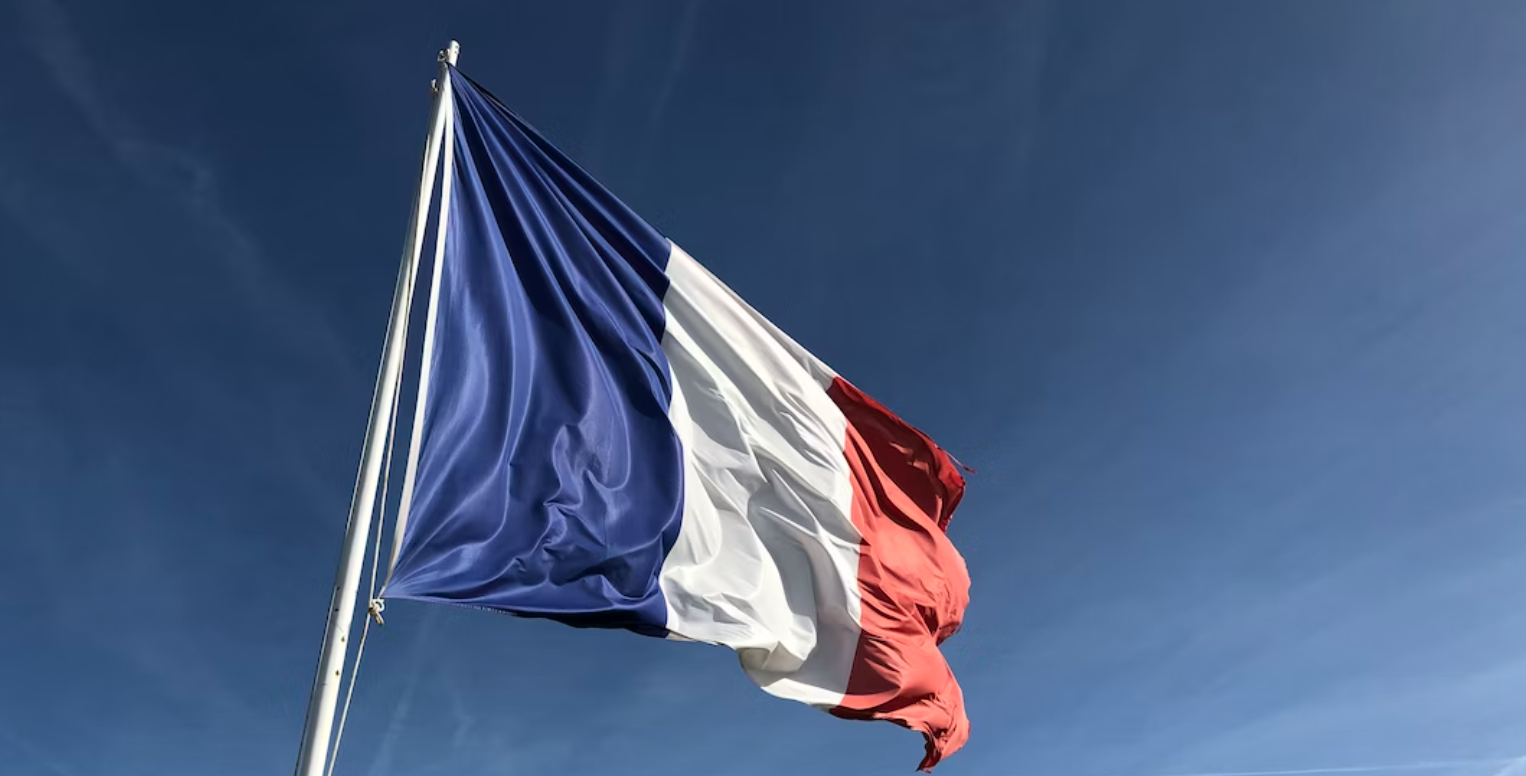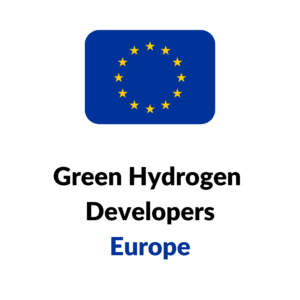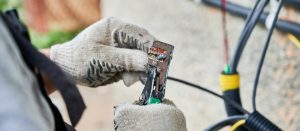It is estimated that France generates 900,000 tonnes of hydrogen per year generating 11.5 million tonnes of carbon dioxide. Therefore, it is no surprise that France is one of the other countries which has targeted the EU’s “REPowerEU” scheme in order to ramp up the production of hydrogen in the country. This has led to planned commitments of €1.9bn in the hydrogen sector by 2030. This article will introduce three key players driving the change and increasing the green hydrogen capacity in the country.
Engie – wind, solar, hydro, hydrogen, biomass, and storage developer based in Paris
Engie has a proven track record developing hydrogen assets, relying on the source to deliver energy that will contribute to the circular economy of carbon dioxide resulting in net-zero emissions. In 2020, the French firm partnered with Carmeuse and John Cockerill to develop a green hydrogen plant that will develop energy from a 75MW electrolyzer that is powered by renewable energy. The project was supported by the EU Innovation Fund and the total cost of the project was estimated to be €150m. The group relies on its international partners to develop large-scale projects, such as its JV with OCI and EEW to develop a Dutch hydrogen plant powered by offshore wind and biogenic carbon dioxide. The project will consist of a new 100MW electrolyzer facility which is due to become fully operational by 2025 and aims to scale production capacity up to 1.85GW in the early 2030s. An additional partnership with Masdar will see the French firm to develop a 200MW green hydrogen facility in the UAE to supply green ammonia which will also become operational by 2025.
Lhyfe – hydrogen developer based in Nantes
Lhyfe is a specialist hydrogen developer who produces 100% green industrial hydrogen plants for mobility and industry. The firm aims to provide accessible and competitively priced hydrogen with a focus on reducing environmental impact. The group was founded in 2017 and by 2021, the group developed the world’s first industrial green hydrogen production plant which was directly connected to a wind farm. The firm is now active in 11 countries located across Europe and has a workforce of over 150 people. One of their projects was developed in coordination with Scaheffler, the 15MW site will provide Bavaria with 3.7 tonnes of green hydrogen a day from 2025. In June 2023, Lhyfe and Capital Energy announced a deal that will see the duo produce offshore hydrogen projects in Spain and Portugal as part of Capital Energy’s 7.5GW pipeline. The partnership will rely on Lhyfe’s unique operational prototype for offshore hydrogen, Sealhyfe which aims to produce 200MW by the end of 2026 and 3GW by 2030. Lhyfe also maintains a strong national presence with the unveiling of its 5MW green hydrogen project located in Touraine which was supported by a €3.4m ADEME grant.
EDF Renewables – wind, solar, storage, and hydrogen developer based in Paris
The global renewables giant views hydrogen as an invaluable asset to support the decarbonisation of society. The firm launched its pioneer hydrogen project in the UK, the Tees Green Hydrogen uses electricity generated from the Teesside Offshore Wind farm and a new solar park to power the hydrogen electrolyzer. EDF Renewables launched its own hydrogen subsidiary, Hynamics which has been shortlisted for the UK Government’s Net Zero Hydrogen Fund and will support the Teeside project. The Teeside plant will have an initial capacity of 7.5MW with plans to scale the production over 100MW requiring an investment of £240m. The energy produced will be sold to PD Ports to power its port operations. The French-group has also partnered with Anglo-America to produce 3-5GW of renewable energy over the next decade including the realisation of South Africa’s Hydrogen Valley.
Image Source: Anthony Choren via Unsplash (06.07.2023)





